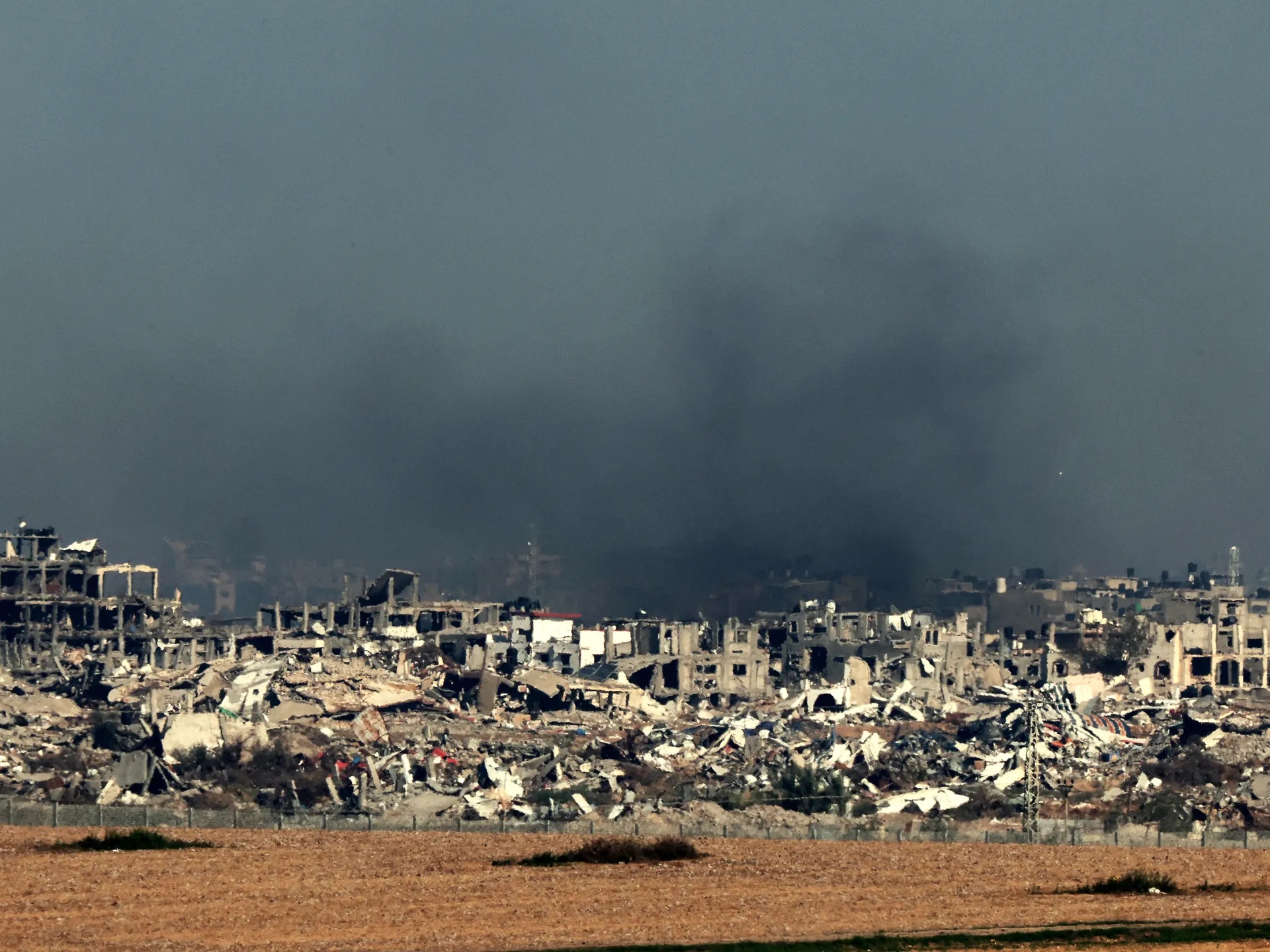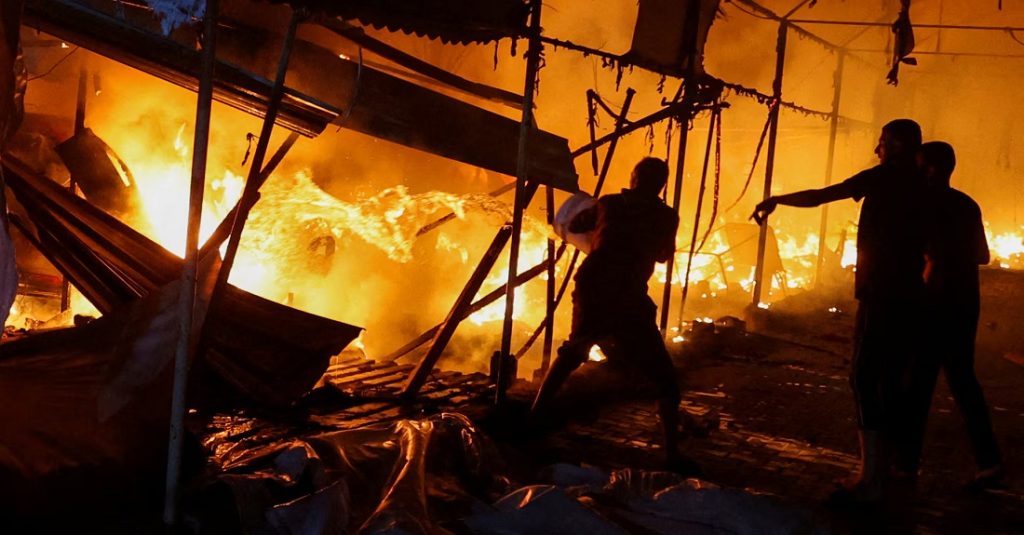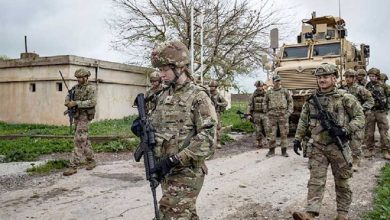Israeli Newspaper Issues Bold Indictment: Tel Aviv No Longer Distinguishes Between Combatants and Civilians—Between War and War Crimes
While Israel escalates attacks and financial pressure on Hamas, domestic criticism mounts over strategy failures, civilian toll, and unresolved hostage crisis

Watan-For nearly two months, Israel has continued its bombing campaign and siege of Gaza, killing civilians amid growing controversy over the effectiveness of its war and its strategic priorities. Prime Minister Netanyahu insists on “national unity until victory.”
In this context, former Israeli National Security Advisor Meir Ben-Shabbat has urged a series of harsher steps to defeat Hamas quickly—ideally before U.S. President Joe Biden visits the region and possibly shifts his stance. According to Ben-Shabbat, Saudi Arabia won’t engage in reshaping the Middle East while the Gaza bloodshed continues.
He recommends:
-
Assassinating Hamas leaders abroad to diminish its regional political stature.
-
Striking Hamas fuel and food storage facilities to shorten its survival window.
-
Enforcing a full maritime blockade, including banning all fishing activity from Gaza’s coast.
-
Cutting internet and communications used by Hamas for control and propaganda.
-
Tightening anti-smuggling efforts from Sinai through the Negev into Gaza.
-
Expanding exit options for Gazans willing to leave, a move linked to former President Trump’s controversial regional plan, which Hamas fears.

“It’s Hard to Breathe” – Domestic Israeli Criticism
On the other side, Haaretz military commentator Amos Harel, in an article titled “An Open Wound,” argues that Israel’s renewed offensive has failed to change Hamas’s position. He warns that illusions of military pressure are misleading, and the government’s neglect of the hostages continues to cast a shadow over the public.
In its editorial on Wednesday, Haaretz writes: “This Independence Day is overshadowed once again,” noting that the celebrations fall while the war drags on and hostages remain in Gaza. It condemns the government for refusing to take responsibility for the hostage crisis, calling it a disgrace that undermines public trust and the state’s moral foundation.
Haaretz further warns that Israel has lost its moral compass, blurring the line between combatants and civilians—between war and war crimes. It argues that the internal threat is now as serious as the external one.
Racism, Repression, and a Fractured Society
The newspaper also recalls Netanyahu’s efforts over the past year to weaken state institutions, continue his political overhaul, and concentrate power with no checks or balances. The editorial reads like an indictment:
“Israeli society is internally torn. Ultra-Orthodox Jews evade military service. The Arab Palestinian community is left to face crime and violence. Free speech is under attack. Racism and hatred—voiced by Knesset members, ministers, artists, and media figures—are met with silence. The police reflect the spirit of far-right ministers. Protest is attacked.”
On Israel’s 77th Independence Day, it concludes:
“Citizens face leadership with no vision or hope. Leaders isolating Israel and Jews worldwide. It’s hard to celebrate. It’s hard to even breathe—when 59 hostages remain in Gaza.”

The Stalled Deal and Netanyahu’s Misstep
Meanwhile, anonymous Israeli officials deny reports by Reuters claiming progress in hostage negotiations. Talks in Cairo, involving Strategic Affairs Minister Ron Dermer, reportedly failed, with Hamas refusing disarmament.
Families of the captives warn that the remains of at least 35 deceased hostages may soon be lost due to a lack of information since October 7.
Before Independence Day, Netanyahu met with flag bearers of the national holiday and addressed the hostage issue, saying:
“We have recovered 196 captives so far, 147 alive. 24 remain alive.”
His wife, Sara Netanyahu, interrupted, whispering, “Less.” He corrected himself: “I said up to 24. The rest, sadly, are not alive. But we will bring them back.”
Her comment sparked outrage from hostage families, who already suffer from a lack of information and uncertainty over whether their loved ones are still alive.






